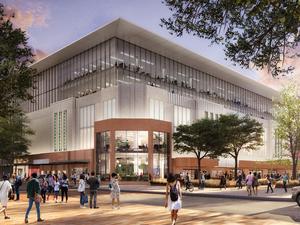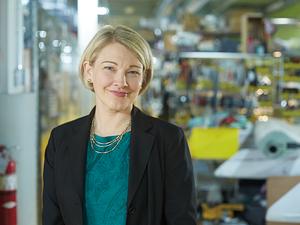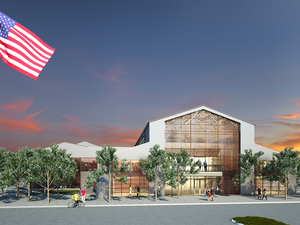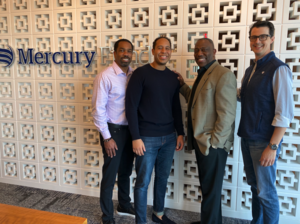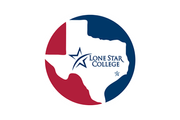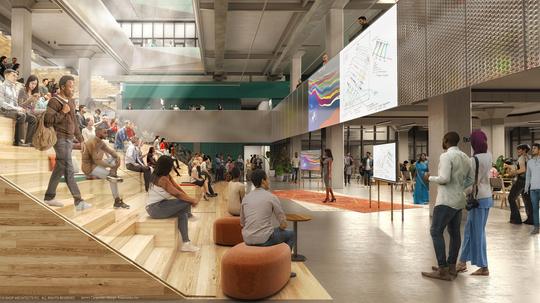
The Ion's new Aerospace Innovation Accelerator for Minority Business Enterprises, which launched April 21, was created to decrease the disparities within the aerospace sector and help participating startups further develop their innovation, grow their businesses and strengthen their networks.
Christine Galib, senior director of programs at The Ion, said Houston is known for both diversity and aerospace innovation, and the accelerator is able to combine those two areas and spotlight the diverse talent in the city. Galib said she hopes that Houston's "DNA of diversity can be taken to space and beyond."
"Houston is at a point right now where we've got to align our efforts around innovation. … We're aligning opportunities to create that pathway from the ground to the stars," Galib said. "It's been a very difficult pathway if you were historically not represented in certain areas. So the whole point of the hub is to align, make that pathway, and then get on the pathway — and let's get going on changing the world."
Four startups were selected for the first cohort to participate in the 12-week program, and Galib foresees the accelerator having two cohorts a year with a "Super Demo Day" at the end as the culmination of the program.
"The startups in the program are either working to getting us to space (or) there is also that tech-transfer element where we focus on leveraging NASA's technology to then apply that to Earth problems on the ground," Galib said.
NANCo Aero, one of the four startups in the first cohort, aims to provides urban air vehicles and drones to different sectors. Shern Peters, founder and CEO of NANCo Aero, said his goal is to create a product and get it to the market as soon as possible. Peters said he's been following The Ion since its inception and is excited to be part of the inaugural cohort.
"As a founder, especially as a Black founder, there's not too many of us," Peters said. "It's been very difficult for me. It seems as if a lot of times, I'm overlooked, no matter my qualifications. It seemed like I would need to come to the table with everything just to get looked at, but then you look at the data and statistics, and others not like me could come with far less. It's been a personal frustration for me, but that is why I love the Ion for what it's doing."
Damyanna Cooke, co-founder of Boozed Beverages LLC, also part of the first cohort, said she's at the early product-development phase as well. The startup works to provide contactless, AI-driven vending machines to make and dispense cocktails, particularly for large events and venues. The company also is developing a mobile app.
"One of the areas that I have found challenging is the education aspect," Cooke said. "You kind of get intimidated (thinking), 'Can I navigate this space? What do I need to make myself more marketable? How do I increase my network and exposure?' And you look for programs like The Ion to support you in that."
The 12-week accelerator will introduce the startups to leaders in the industry, get the businesses adjusted to pitching, and give them challenges to help them grow and navigate the industry. Galib said NASA has committed to mentorship and providing support throughout the program. The Ion received $1.4 million in federal funding in fall 2020 to create its Aerospace Innovation Hub, which includes the MBE accelerator, in partnership with NASA's Johnson Space Center and Austin-based nonprofit DivInc.
"That access to mentorship and thought leadership, where there is a warm connection that is just one degree of separation away, I think that is priceless," Galib said.
The Ion is committed to diversity and making the innovation space more inclusive, Galib said. The Ion building, a 266,000-square-foot facility being developed at 4201 Main St., will open later this year, but the organization running it already has created community engagement events that partner with diverse organizations.
The Aerospace Innovation Accelerator for Minority Business Enterprises joins three other programs at The Ion’s Accelerator Hub: The Ion Smart and Resilient Cities Accelerator, which is on its third cohort; The Rice Alliance Clean Energy Accelerator, which is accepting applications for its first cohort; and DivInc Houston’s accelerator.
